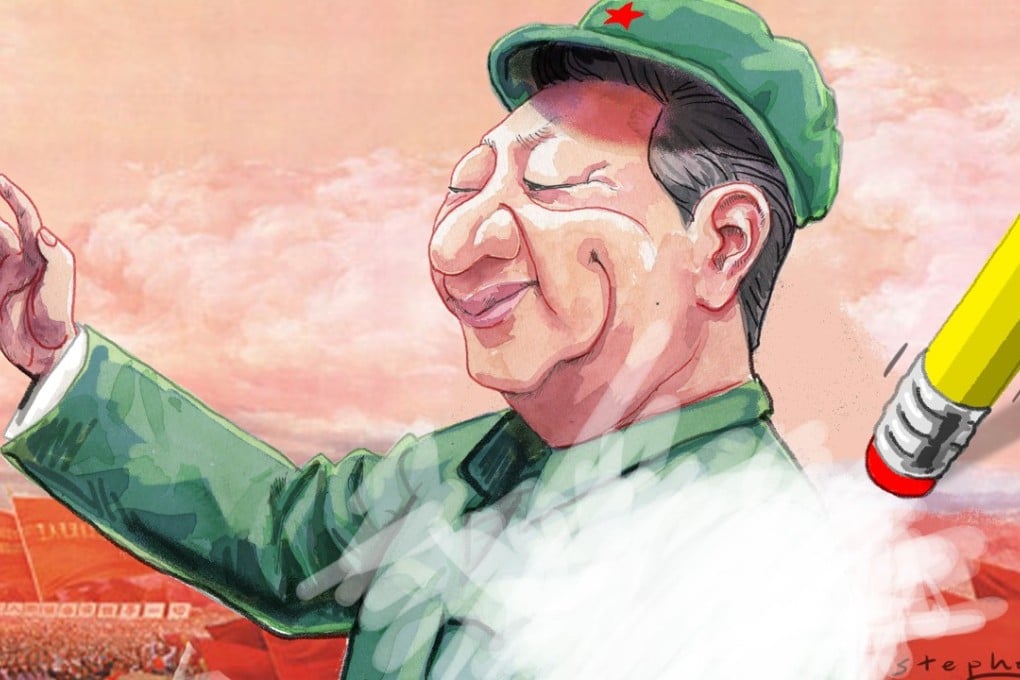Advertisement
How the West misread Xi: China abolished term limits to ensure effective governance, not one-man rule
Keyu Jin says the Western media have portrayed Xi’s extension of power in a negative light even though there are checks on his power, and China today is very different from during the Cultural Revolution. Besides, term limits on leaders in the West show what happens when the inexperienced rule
Reading Time:4 minutes
Why you can trust SCMP
99+

China’s recent constitutional amendment eliminating the term limits for the president and vice-president has left much of the West aghast. Critics fear the emergence of a new and unaccountable dictatorship, with President Xi Jinping becoming “Chairman Mao 2.0”. This response is more than a little inappropriate.
Advertisement
Long tenures are not exactly unheard of in the West. For example, German Chancellor Angela Merkel has just begun her fourth four-year term – a development that the rest of Europe has largely welcomed rather than criticised.
Of course, a Westerner might argue that Merkel has an electoral mandate, whereas Xi does not. But democratic elections are not the only way to achieve accountability. And Xi’s approval rating, according to international surveys, seems to exceed the combined approval ratings of US President Donald Trump and UK Prime Minister Theresa May. While there may be reason to worry that Chinese politics could change for the worse, the same is true in the United States and Britain.
Term limits are little more than an arbitrary constraint, which is not needed to ensure a competent and responsive government in China. In fact, term limits could do just the opposite, cutting short the tenure of effective leaders, leading to policy disruptions or even political chaos.
The US has long recognised this. Alexander Hamilton wrote that it is necessary to give leaders “the inclination and the resolution” to do the best possible job. They can thus prove their merits to the people, who can choose to “prolong the utility of [their leaders’] talents and virtues, and to secure to the government the advantage of permanency in a wise system of administration”.
Beyond term limits: China’s new constitution is written for a nation on the rise

Advertisement